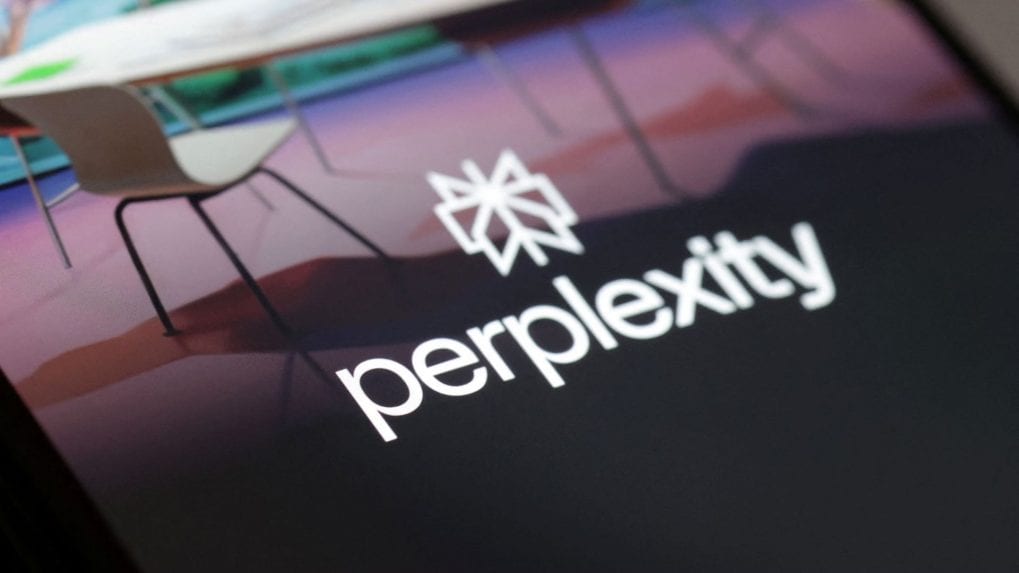Advertising
From Pink Slips to Silent Sidelining: Inside adland’s layoff and anxiety crisis

AI startup Perplexity on Friday announced that its new browser, Comet, will now be available for free--a move that sent ripples across the tech industry and rattled rivals including Alphabet Inc. and OpenAI. The announcement pushed Alphabet’s stock down 0.6% to $246.43. Moreover, on Thursday, CEO Sundar Pichai sold 32,500 shares of the company at an average price of $249.50.
Perplexity had earlier priced its premium Max plan at $200 per month, drawing millions of early subscribers. By dropping the cost barrier, founder Aravind Srinivas is positioning Comet as a direct challenger to Google Chrome while also pre-empting OpenAI’s anticipated AI-powered browser.
Comet is designed to go beyond traditional browsing, with the ability to summarize webpages and extract key insights. Srinivas has pitched the browser as a solution to the “rise of low-quality internet content,” promising to deliver only high-quality, reliable sources for research and decision-making.
The browser’s free tier offers a wide range of AI-driven features including Discover (personalized news and content recommendations, similar to OpenAI’s Pulse), 'Spaces' for organizing projects, 'Shopping', 'Travel', 'Finance' comprising tools for budgeting, expenses and investments, and Sports for real-time updates and news.
Meanwhile, Perplexity continues to monetize through subscriptions. For $5 per month, users gain access to premium publisher content. Max plan subscribers retain access to advanced AI models and an email assistant that can draft personalized replies, manage inboxes, schedule meetings, and even answer queries based on email content.
From purpose-driven work and narrative-rich brand films to AI-enabled ideas and creator-led collaborations, the awards reflect the full spectrum of modern creativity.
Read MoreLooking ahead to the close of 2025 and into 2026, Sorrell sees technology platforms as the clear winners. He described them as “nation states in their own right”, with market capitalisations that exceed the GDPs of many countries.